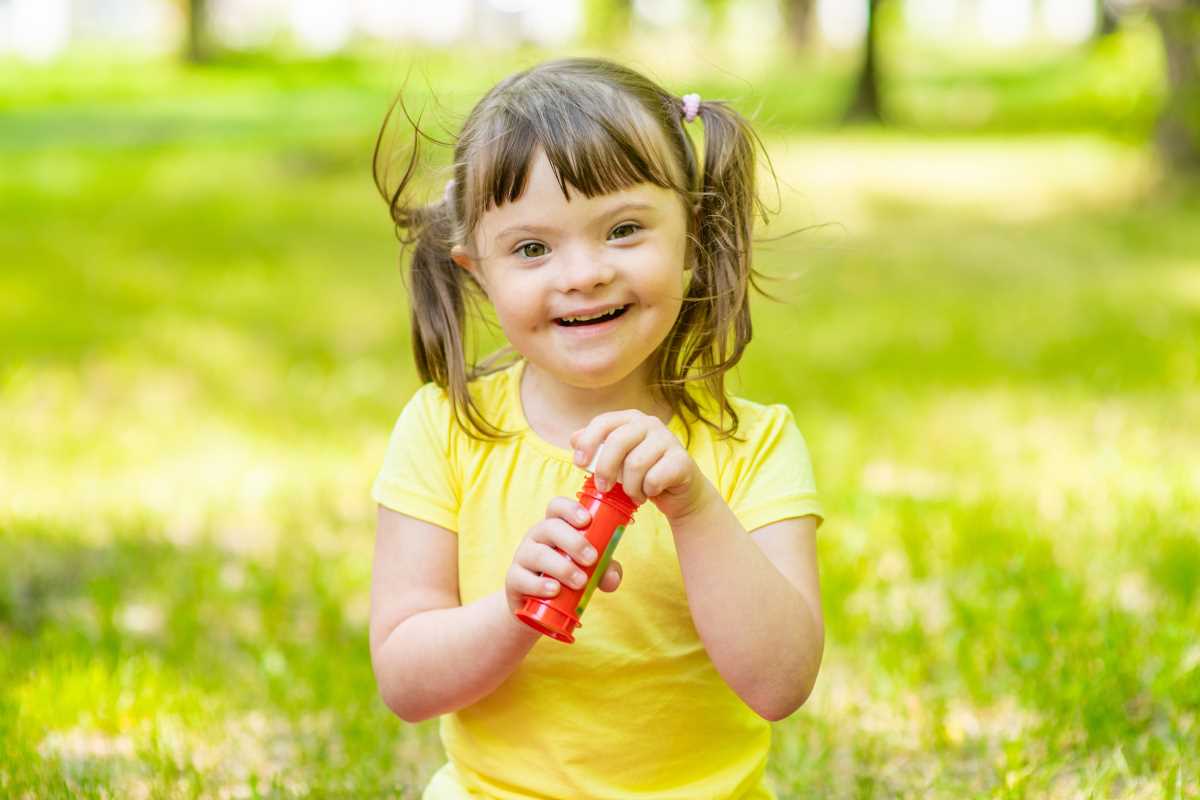Caring for a child with a health condition comes with its own set of challenges, but sometimes the impact on siblings can go unnoticed. Brothers and sisters might feel confused, worried, or even left out as the focus of attention naturally shifts to the child with greater needs. These emotions are normal, but they often leave parents wondering how to support the other children and balance the needs of the whole family.
Siblings may struggle to understand their brother or sister’s condition or feel a range of emotions, from guilt to jealousy. It’s important to address these issues early and create an environment that supports all family members. This article will explore ways to help siblings cope, foster understanding, and maintain a sense of balance in the household.
Understanding the Emotional Impact on Siblings
The way a sibling reacts to their brother or sister’s health condition depends on their age, personality, and the specific challenges the family is facing. Here are a few common emotions siblings might feel:
- Confusion: Younger kids might not fully understand the health condition or why it requires so much attention.
- Guilt: They might feel guilty for being healthy or for not being able to help more.
- Jealousy: When so much energy goes toward the child with the health condition, other siblings might feel neglected.
- Anger or Resentment: They may be upset by changes to their routines or the increased responsibilities they’re asked to take on.
- Anxiety or Fear: Many siblings worry about their sick brother or sister and what the future holds.
It’s important to validate these feelings and reassure siblings that their emotions are okay. Recognizing their struggles is the first step toward helping them cope.
Open Communication Is Key
Openness goes a long way in helping siblings understand and adapt. Kids can sense when something is wrong, so avoiding discussions about the health condition might only make them feel more anxious. Instead, provide simple, age-appropriate explanations about what’s happening.
How to Talk About the Health Condition
- Be honest but sensitive: Use language they can understand, and avoid unnecessary medical jargon. For example, instead of saying, “Your brother has an autoimmune disease,” you might explain, “His body isn’t working quite the way it should, and the doctors are helping him get stronger.”
- Encourage questions: Create a safe space where siblings can ask anything they’re curious or worried about. If you don’t have answers, it’s okay to say, “I’m not sure, but I can find out for you.”
- Check in often: Kids’ understanding and emotions can evolve over time. Have regular conversations to see how they’re feeling and whether they have new concerns or questions.
Helping Siblings Navigate Their Feelings
Acknowledging and addressing siblings’ emotions is an essential part of fostering their well-being. Here’s how you can support them:
Reassure Them They’re Still Important
It’s easy for siblings to feel invisible when so much attention goes toward the child with health needs. Take time to show them they matter by:
- Spending one-on-one time with them, even if it’s just 15 minutes of playing a game or chatting before bed.
- Praising their efforts, whether it’s helping around the house or doing well in school.
- Reminding them that their feelings are valid and they’re loved just as much as their sibling.
Help Them Express Their Feelings
Siblings may not always know how to put their emotions into words. You can help by:
- Encouraging them to talk about what they’re feeling.
- Offering creative outlets, like drawing, journaling, or playing music, to process their emotions.
- Reading books or watching age-appropriate shows that explore similar situations, which can help them feel less alone.
Teach Coping Strategies
When siblings feel overwhelmed, they need tools to handle their emotions. Teach them simple strategies, like:
- Deep breathing or mindfulness exercises to ease stress.
- Talking to a trusted adult when they’re upset.
- Focusing on something they enjoy, like a hobby or spending time with friends, to take their mind off worries.
Fostering Understanding and Empathy
Helping siblings develop empathy and understanding toward their brother or sister can create a stronger bond and lessen feelings of resentment. Here’s how to encourage this connection:
Educate Them About the Condition
Age-appropriate education can demystify the health condition and reduce fear or frustration. For example:
- For younger kids, use stories or analogies to explain the condition in simple terms.
- For older siblings, provide more detailed information, including how treatments work.
Highlight the Sibling Bond
Remind siblings that, health condition or not, their brother or sister is still the same person they’ve always known. Encourage shared activities that create positive memories, such as playing games, going for walks, or doing crafts together.
Lead by Example
Your attitude sets the tone for how siblings view the situation. Show compassion and patience toward the child with the health condition, and siblings are more likely to mirror those behaviors.
Maintaining Balance in Family Life
Creating some normalcy and balance is essential for siblings who might feel their lives have been disrupted. Here’s how to keep the family dynamic as steady as possible:
Stick to Routines
Daily routines give children a sense of stability, even during uncertain times. Keep consistent mealtime, bedtime, and homework schedules whenever possible. This helps siblings feel a sense of normalcy and reliability.
Share Responsibilities Fairly
It’s natural to want siblings to pitch in more when a brother or sister has a health condition, but it’s important not to overload them. Assign age-appropriate tasks, and make sure they still have time for fun, relaxation, and social activities.
Encourage Individual Pursuits
Siblings need opportunities to explore their own interests and identities outside of the family’s situation. Support their hobbies, sports, or friendships to help them feel valued as individuals.
Plan Family Fun
Set aside time for family activities that include everyone, regardless of the challenges you may be facing. This could be as simple as movie night or a picnic in the park. Shared experiences strengthen family bonds and create joyful memories.
Seeking Outside Support
It’s okay to ask for help if you notice siblings are struggling, despite your efforts. A trained counselor or therapist can provide a safe space for them to share their feelings and learn coping strategies. Support groups for siblings of children with health conditions can also be valuable, as they allow kids to connect with others in similar situations.
 (Image via
(Image via





